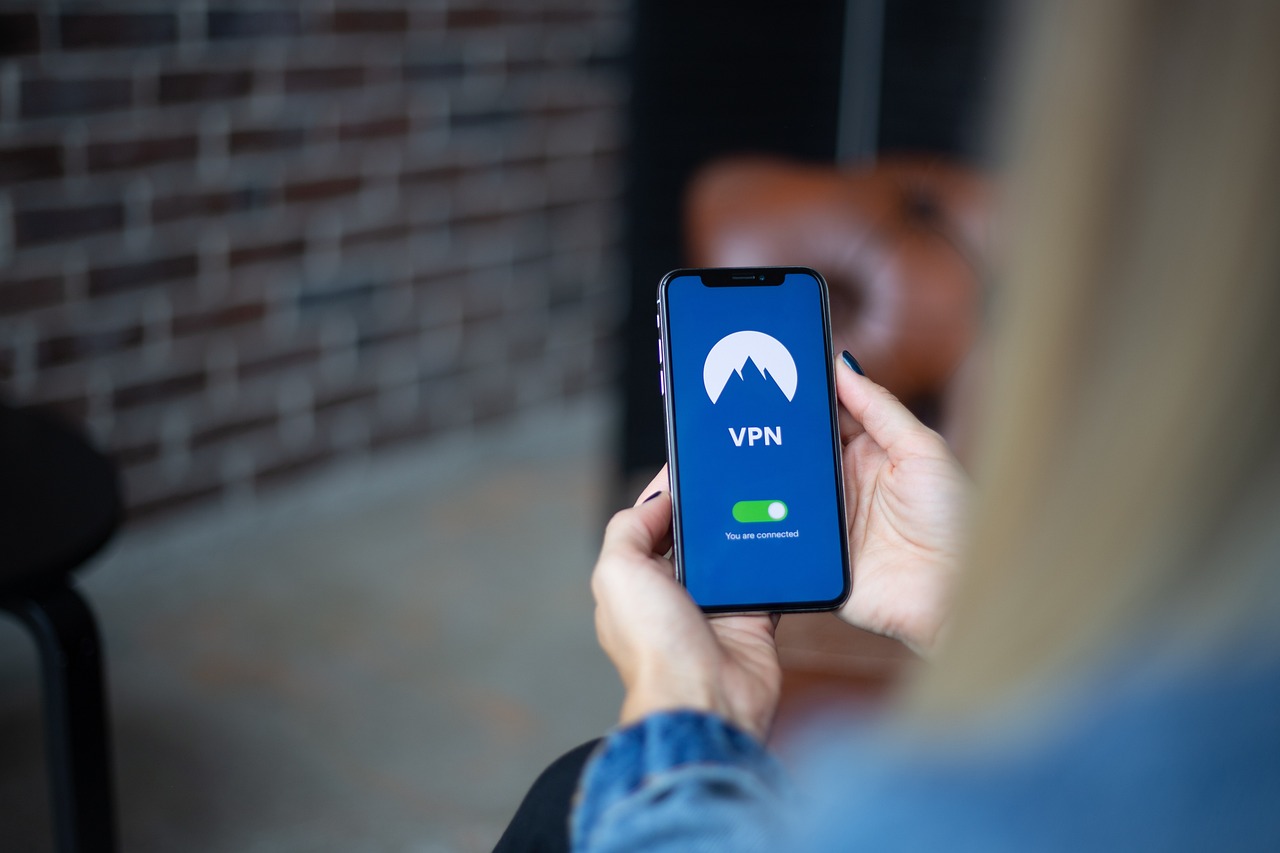With the popularization of the Internet, online shopping has become an integral part of our lives. However, with it comes the increasing number of online shopping scams. Fraudsters are constantly pushing the envelope, making it difficult for people to take precautions. In this case, a Virtual Private Network (VPN) can be a powerful tool to help you identify and prevent common online shopping scams. In this article, we'll show you how to recognize common online shopping scams and discuss how VPN can play a role in protecting your privacy and security.

I. Common types of online shopping scams
During the online shopping process, you may encounter various types of scams. Here are some common types of online shopping scams:
1. Counterfeit goods: Fraudsters may create counterfeit goods or brands and offer low prices to attract consumers to buy them, but in reality the goods may be sub-standard or may not even be shipped at all. 2. Fake advertisements: Some advertisements may not be accurate and may be misleading.
2. False advertisements: Some advertisements may exaggerate the functionality or effectiveness of an item, leading consumers to believe that they are purchasing a high-quality product when they are not. 3. Fake websites: Scammers may use fake websites to promote their products.
3. Fake websites: Scammers may create fake websites that resemble well-known brands or online stores to lure you into shopping there and revealing personal information.
4. Phishing emails: You may receive emails that look like they are from your bank, payment platform or online store, asking you to click on links or provide personal information in order to steal your account information.
5. Second-hand transaction scams: When purchasing second-hand goods, scammers may deceive you through false payment methods or methods of receiving goods.
II. Ways to Recognize Online Shopping Scams
In order to avoid becoming a victim of online shopping fraud, you can take a number of measures to identify potential fraudulent situations:
1. Carefully verify the seller: Before shopping, carefully verify the seller's reputation and evaluation. When purchasing a well-known brand, it is best to visit the official website or a verified authorized retailer directly.
2. Watch out for prices and offers: If the price is too attractive or the discount is too big, it may be a scam. Beware of false advertisements and fake brands.
3. Check website URLs: When visiting a website, double-check that the URL is spelled correctly to prevent visiting a fake website.
4. Beware of phishing emails: Do not click on suspected email links or provide personal information. Log in to your account by typing the URL directly into your browser.
5. Secure Payments: Try to choose secure payment methods such as credit cards or third-party payment platforms. Avoid using untrusted payment methods.
6. Check Refund and Return Policies: Before you make a purchase, learn about the seller's refund and return policies in case something goes wrong.
III. How a VPN protects you from online shopping
Virtual Private Networks (VPN) can not only help you identify online shopping scams, but can also play a role in protecting your privacy and security:
1. Privacy: When using a VPN, your Internet connection is encrypted, preventing fraudsters from stealing your personal and financial information.
2. Anonymous Browsing: A VPN hides your real IP address, allowing you to remain anonymous while shopping online and reducing the risk of being targeted.
3. Bypass Geo-restrictions: If certain products or offers are limited to certain regions, you can use a VPN to bypass geo-restrictions and get more options.
4. Block malicious ads: Some VPN offer ad-blocking features that can block malicious ads and trackers to make your shopping experience safer.
5. Public Wi-Fi Protection: When using public Wi-Fi networks, a VPN can encrypt your connection to prevent fraudsters from stealing your sensitive information.
IV. How to use VPN to protect your online shopping
Here are the steps on how to use VPN to secure your online shopping:
1. Choose a reliable VPN provider: Make sure you choose a reliable VPN provider with strong encryption technology and strict privacy policy.
2. Install and configure the VPN: Download and install the VPN app of your choice and configure it according to the app's guide.
3. Connect to a VPN server: Open the VPN app and select a server, preferably one close to your area.
4. Shop Safely: When using a VPN connection, take note of the above mentioned ways to identify scams when shopping online to ensure your privacy and security.
Conclusion
Online shopping scams can pose a serious threat to your finances and privacy. By identifying common types of scams and taking preventive measures, you can minimize the risk of becoming a victim. In addition, a virtual private network (VPN) serves as a powerful tool that can provide an extra layer of protection for your online shopping, protecting your privacy and security. By choosing the right VPN provider and following security recommendations when shopping, you can enjoy shopping on the Internet with greater peace of mind.
 Email
Email